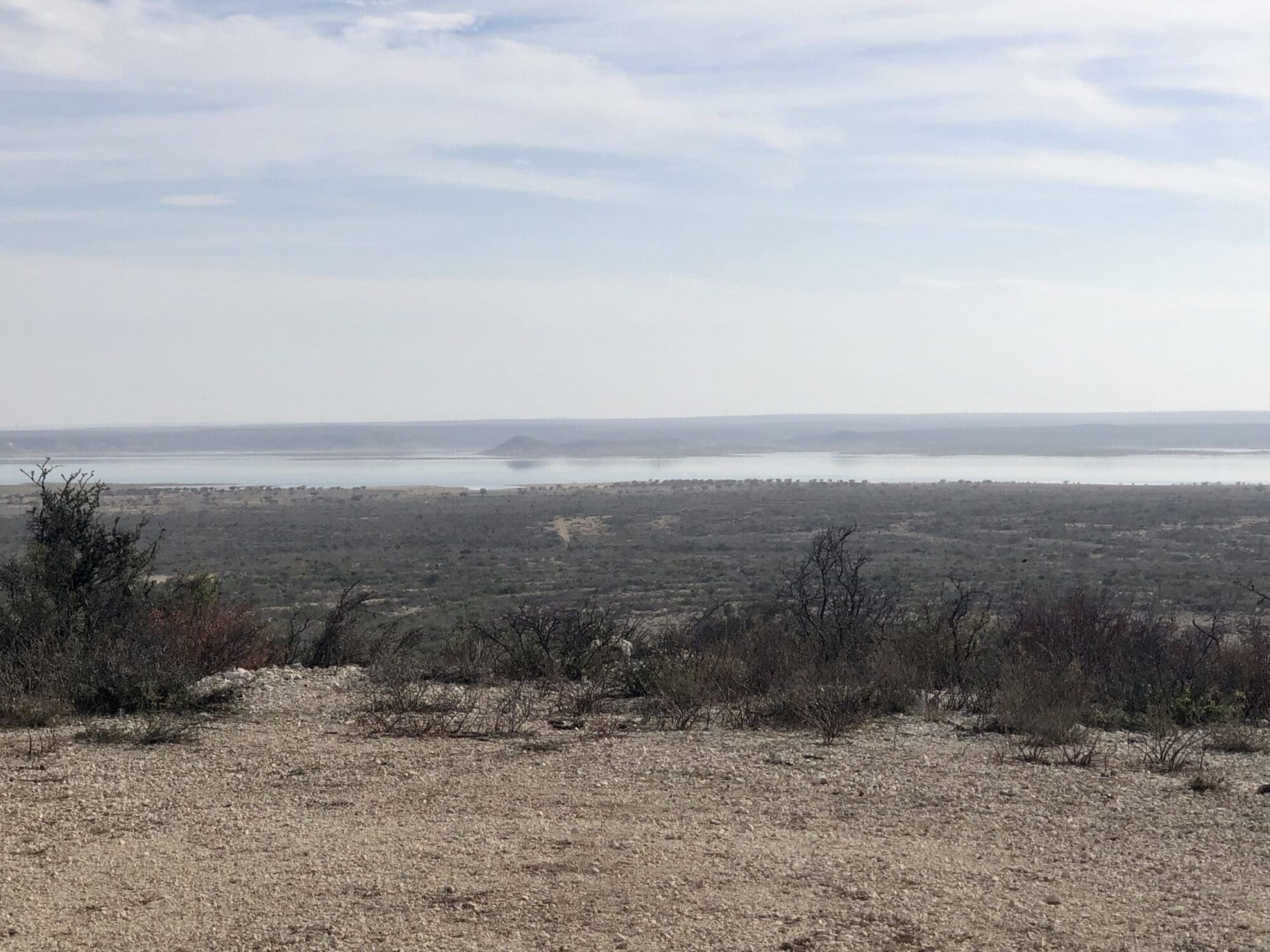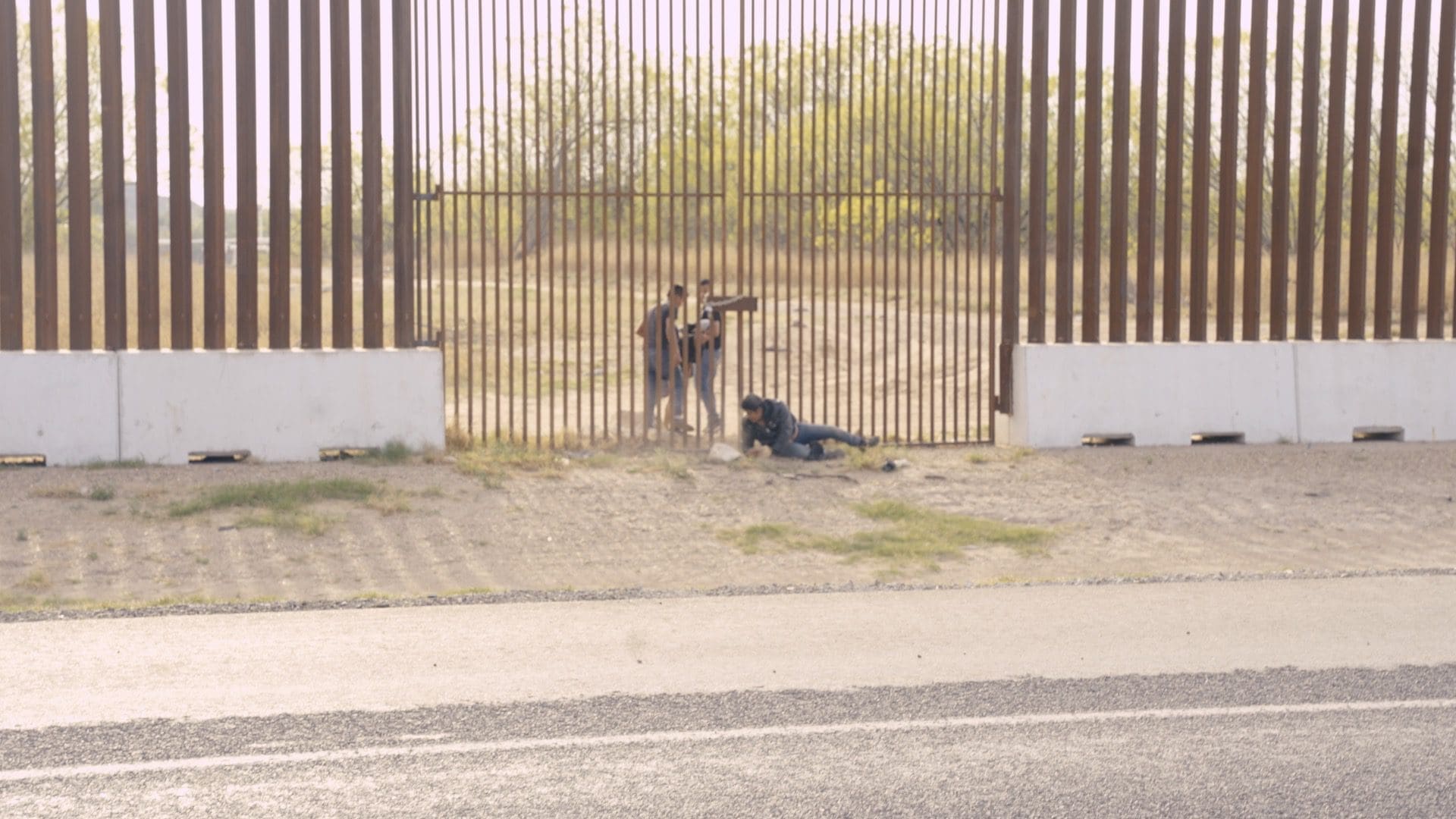With the Biden administration preparing to end Title 42 on Thursday, and Texas bracing for the coming onslaught, several border security measures were approved in a meeting of the Texas House that lasted until nearly 2 a.m.
The centerpiece bill, however, was defeated after House Speaker Dade Phelan sustained a point of order on the bill, sending it back to committee past the deadline for bills to be considered.
“This kind of fiasco is emblematic of his leadership in the House. Instead of passing the most important border security bill in decades, he let it die on a spurious interpretation of the bill’s key provisions,” Chris Russo, president of Texans for Strong Borders, told Texas Scorecard.
House Bill 20 by State Rep. Matt Schaefer (R–Tyler) would have created a Border Protection Unit to operate under the authority of the Texas Department of Public Safety. The BPU would be responsible for the construction and maintenance of a physical barrier wall. It would include commissioned and noncommissioned officers in accordance with the needs of the BPU.
Additionally, the BPU would be responsible for detecting, interdicting, and repelling persons attempting to cross into Texas illegally from the southern border. It enacted criminal penalties for trespass on those who enter the state illegally and also created a state-level Title 42 procedure for public health emergencies.
Lastly, per a legislative finding or order from the governor that a state of invasion or imminent danger persists under Article I, Section 10 of the U.S. Constitution, the BPU would have the authority to return illegal aliens to Mexico if certain conditions were met.
“As much as we have fought to protect our county and state, it will never be enough, as the numbers surge to the highest ever,” Kelly Perry, State Republican Executive Committeewoman, told Texas Scorecard. “The truth—to try to cover such a large crisis on a few pieces of paper—is almost impossible. [But] I’ll take that bill [HB 20] in any form we can get it.”
State Rep. Rafael Anchia (D–Dallas) raised a point of order, arguing that the measure addresses two subjects and that the bill caption was insufficient. House Speaker Dade Phelan (R–Beaumont) sustained Anchia’s motion, killing the bill.
Although 10 members can appeal the ruling of the chair, allowing the full body to vote on whether to sustain the ruling, no such vote took place.
As the evening wore on, however, parts of the bill were revived.
State Rep. Ryan Guillen (R–Rio Grande City) amended his border security measure, House Bill 7, to include several of the pertinent points from HB 20.
House Bill 7 provides the funding mechanism for border security needs, including providing border region courts with necessary resources for dealing with border-related offenses and compensating property owners for damages caused by illegal crossings.
With its amendment including language from HB 20, HB 7 establishes the Border Protection Unit, which will be responsible for deterring and repelling persons attempting to unlawfully enter the state at any place other than a port of entry. The BPU will operate under the Texas Department of Public Safety and establish a headquarters in the border region; however, its jurisdiction is limited to border counties where the county commissioners court approves.
Notably, there is now no specific mention of Article I, Section 10 of the U.S. Constitution. HB 7 also does not allow for noncommissioned officers; only licensed peace officers are eligible to be part of the BPU. It does not resurrect the state-level Title 42 or allow for the construction of a permanent barrier, only temporary infrastructure.
It was approved by the House in a vote of 92-51.
Russo says the Border Protection Unit is “substantially weakened” under HB 7 and that “allowing county commissioners courts to stymie border security is a dead end.”
“Significant obstacles to enforcement were included in Rep. Guillen’s amendment, and yet many are declaring victory anyway,” said Russo. “Without significant changes in the Senate, the amended HB 7 cannot carry forward the paradigm-shifting potential that HB 20 had.”
Former Deputy Director of the U.S. Department of Homeland Security Ken Cuccinelli said HB 7 actually weakens Texas’ ability to repel the invasion and it would be better to kill the legislation than enact it.
1/x
Unfortunate news from the TX legislature, HB 20 was defeated today, & a weak version went into HB 7.It would be worse to pass HB 7 than to pass it.
Why?
Well, I'll tell you why…
— Ken Cuccinelli (@KenCuccinelli) May 10, 2023
In a vote of 89-56, the House also approved House Bill 800 by Guillen (R–Rio Grande City), which will increase criminal penalties for smuggling, operating a stash house, or evading arrest.
Another measure, House Bill 3782 by Guillen, will establish the Border Security Advisory Council to advise the governor and the Legislature on border security issues as well as streamline state processes. It will also establish the Border Protection Task Force, which will consolidate and coordinate state resources. It was approved by a vote of 103-43.
The Border Security Advisory Council must be composed of the lieutenant governor and four senators, as well as the House speaker and four representatives. Of the four lawmakers per chamber, two must be Republicans and two must be Democrats. Additionally, two from each chamber must represent border regions, and the committee chairman with primary jurisdiction over border security issues from both chambers must serve on the council.
State Rep. Tony Tinderholt (R–Arlington) attempted to amend the bill to only require that four must be appointed by the speaker and four by the Senate president, removing all the language about political parties and representing border regions.
“And all I’m saying is, if people don’t support border security, why would we put them on the Border Security Council?” said Tinderholt.
The amendment failed in a vote of 28-115.

House Bill 884 by State Rep. Sam Harless (R–Spring) gives federal Border Patrol agents authority to arrest, search, and seize under Texas state laws in addition to their federal powers. The House considered its companion (Senate Bill 602) instead, approving the measure in a vote of 96-48.
House Bill 82 by State Rep. David Spiller (R–Jacksboro) allows for the creation of an interstate compact for border security, allowing other states to assist in building a border wall as well as sharing state intelligence and resources. The House considered its companion (Senate Bill 1403) instead and approved the measure 88-58.
HB 7, HB 800, and HB 3782 will be sent to the Senate for approval following an additional vote on Wednesday. Additionally, SB 1403 must be approved by the Senate once more because of an amendment added by Spiller. SB 602 should now move to the governor’s desk.
No ads. No paywalls. No government grants. No corporate masters.
Just real news for real Texans.
Support Texas Scorecard to keep it that way!





